October is National Occupational Therapy Month, where we highlight how occupational therapy can support people to stay safe at home. As part of our celebrations, we’ve been sharing stories to highlight occupational therapists from across the North. Take a journey with us and discover how occupational therapy can positively impact your life!
For our second interview, we talked to Kerstin Swanson, an occupational therapist working in Prince Rupert. Here’s what Kerstin had to say about her role as an occupational therapist.
Tell us about your work
I’m an early intervention pediatric occupational therapist, working with children from birth until they enter school. I’m based out of a clinic in the Prince Rupert Regional Hospital, but I see people in the community, their homes, and daycare or pre-school.
I graduated in December 2020 and started working in April 2021. So I’ve just been in my role for about six months now! I’m originally from a small town in Southern Alberta, but really wanted to work in a Northern rural community. I was looking at job postings in Northern Health and saw a pediatric occupational therapy position in Prince Rupert. I talked to someone who works in the community about how they liked living there and they convinced me to take the leap and move!
How would you describe your work as an occupational therapist?
I find that my role is hard to describe! Overall, I look at how children function in their environments on a day-to-day basis. For the age group that I work with, it’s about how they eat, sleep and go to the bathroom (basic self-care activities) and how they interact with other children (socialization skills), as well as any social/emotional development concerns. I also cover fine motor and pre-kindergarten skills.
I work closely with physiotherapists and speech language pathologists in the community, and I’m supported by child development and infant programs. I receive referrals from pediatricians, speech language pathologists, and other health care team members. Families can self-refer as well.
The children I work with can be diagnosed with a wide variety of conditions, such as autism, cerebral palsy, genetic conditions or general developmental delays. With infants, feeding is a big component for occupational therapy, as well as looking at their developmental milestones to see if they’re meeting these at the recommended time.
What do you like about your role?
I love how I might work on one main goal with a client for a longer period of time, but along the way there are a lot of little victories to celebrate. I love how children see the world – it's great! They are so curious and love to explore their environments and social interactions. There’s also so much variety in my role. I’ll see a child at home, or at preschool, or at the clinic, and see how they thrive and interact in these different environments. I enjoy getting to know them on a more personal basis. Often my sessions with a client and their family are an hour or more, and you can really get to know them and what their day-to-day life might look like.
What impact does your role have on patients?
Early intervention is so key to the rest of a child’s development and functioning in adulthood. We do screening for a variety of skills to see how a child functions on a day-to-day basis to set them up for success later. We look at all the pieces to make sure a child is as supported as they can be, connect them with additional supports as needed, and help them grow as they move into school and get older. We also complete assessments to help identify if a child may need additional supports, as early as possible. For example, babies who had complicated births sometimes need feeding tubes; we help wean them off their feeding tubes and increase their independence.
What’s one thing about occupational therapy that you wish you could tell everyone?
I think it’s a big myth that we only help people with their jobs, which is not true. Obviously, children don't have jobs!
Overall, we help anyone with anything that “occupies” their time. This could be work, self-care, leisure, or social interactions in all environments. We really look at how someone functions on a day-to-day basis to help them participate as optimally and independently as possible. In my case, with children, it's preschool, sleeping, eating, and going to the bathroom!

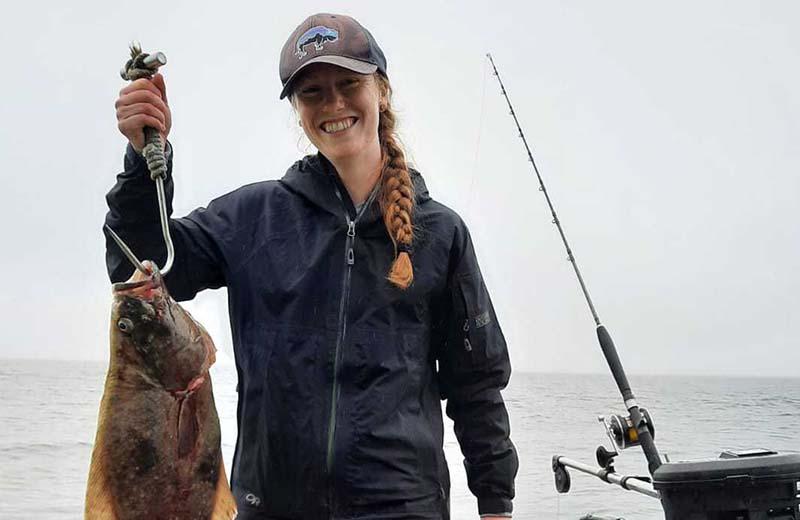





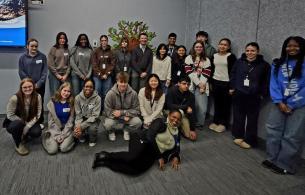
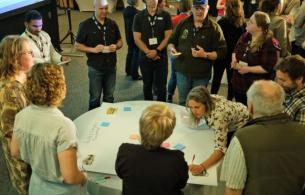

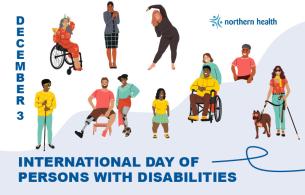
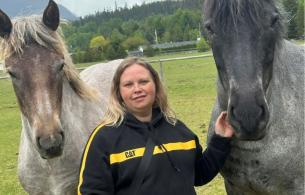
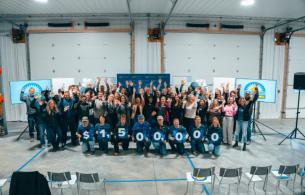

Comments